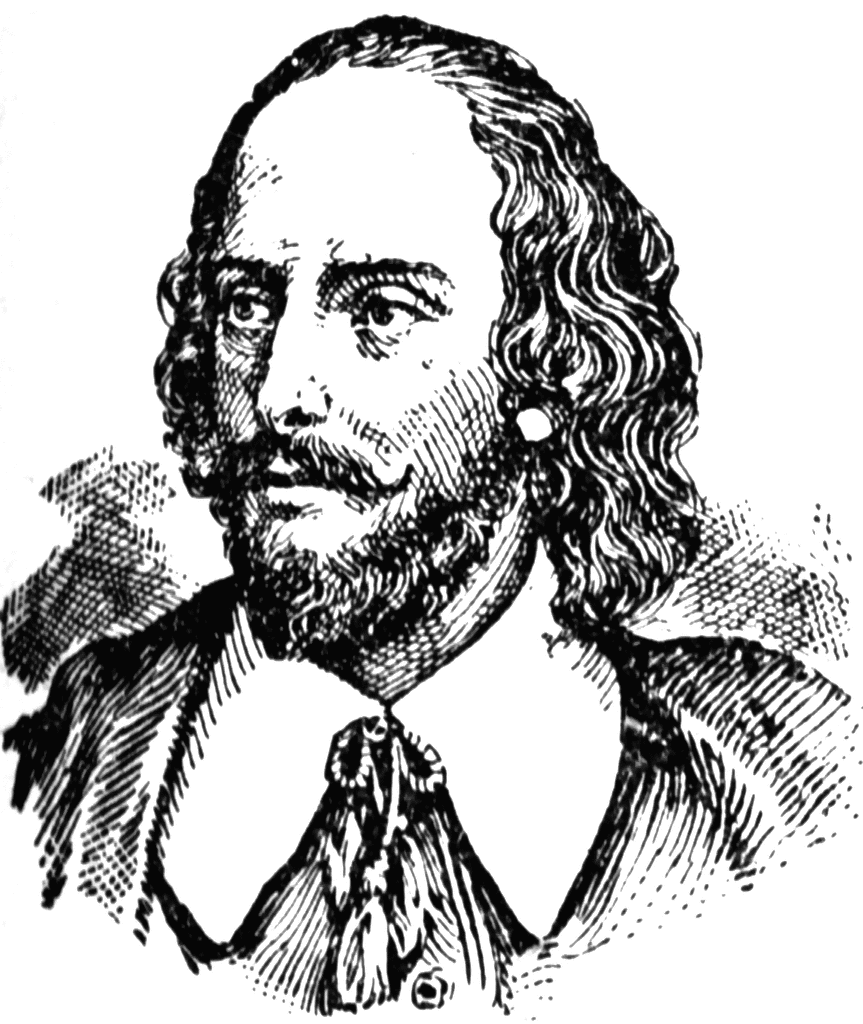 I went to a funeral today. The mother of one of our students passed away after a long battle with cancer. It was a beautiful Christian funeral, at which one of her daughters read John Donne's "Holy Sonnet X".
I went to a funeral today. The mother of one of our students passed away after a long battle with cancer. It was a beautiful Christian funeral, at which one of her daughters read John Donne's "Holy Sonnet X".Death, be not proud, though some have called thee
Mighty and dreadful, for thou are not so;
For those whom thou think'st thou dost overthrow
Die not, poor Death, nor yet canst thou kill me.
From rest and sleep, which but thy pictures be,
Much pleasure; then from thee much more must flow,
And soonest our best men with thee do go,
Rest of their bones, and soul's delivery.
Thou'art slave to fate, chance, kings, and desperate men,
And dost with poison, war, and sickness dwell,
And poppy'or charms can make us sleep as well
And better than thy stroke; why swell'st thou then?
One short sleep past, we wake eternally,
And death shall be no more; Death, thou shalt die.
 As I was listening to it, I couldn't help hearing for the first time, though I am shocked to say so, the echoes of Hamlet's famous "To be, or not to be?" speech, which I have taught to seniors for over ten years now.
As I was listening to it, I couldn't help hearing for the first time, though I am shocked to say so, the echoes of Hamlet's famous "To be, or not to be?" speech, which I have taught to seniors for over ten years now.To be, or not to be: that is the question:
Whether 'tis nobler in the mind to suffer
The slings and arrows of outrageous fortune,
Or to take arms against a sea of troubles,
And by opposing end them? To die: to sleep;
No more; and by a sleep to say we end
The heart-ache and the thousand natural shocks
That flesh is heir to, 'tis a consummation
Devoutly to be wish'd. To die, to sleep;
To sleep: perchance to dream: ay, there's the rub;
For in that sleep of death what dreams may come
When we have shuffled off this mortal coil,
Must give us pause: there's the respect
That makes calamity of so long life;
For who would bear the whips and scorns of time,
The oppressor's wrong, the proud man's contumely,
The pangs of despised love, the law's delay,
The insolence of office and the spurns
That patient merit of the unworthy takes,
When he himself might his quietus make
With a bare bodkin? who would fardels bear,
To grunt and sweat under a weary life,
But that the dread of something after death,
The undiscover'd country from whose bourn
No traveller returns, puzzles the will
And makes us rather bear those ills we have
Than fly to others that we know not of?
Thus conscience does make cowards of us all;
And thus the native hue of resolution
Is sicklied o'er with the pale cast of thought,
And enterprises of great pith and moment
With this regard their currents turn awry,
And lose the name of action.
The profundity of Donne's poem was only increased for me by putting it into dialogue with this challenge from Hamlet to the Christian hope beyond the grave. In fact, reading the robustly Christian critique of death that is "Holy Sonnet X" in the context of the deeply humane but pervasively pagan Hamlet, not to mention thinking and feeling my way through this in the context of a real death and real grief, gave me an even greater appreciation for all three.

4 comments:
Wow!
Thanks for that Jon.
On a side note, but totally related have you seen the movie WIT?
Yes. We have seen that movie, Janine. Powerful. Hard.
We also watched Gran Torino last night. Thanks for the recommendation.
Amazing ... in that someone else was prompted by the same post to write and ask if I had seem Wit.
Yes, we have. I would like to see it again, though.
I can't read that Donne Sonnet without thinking about WIT.
I'll forever remember this line.."Death...Comma!...thou shalt die."
Post a Comment